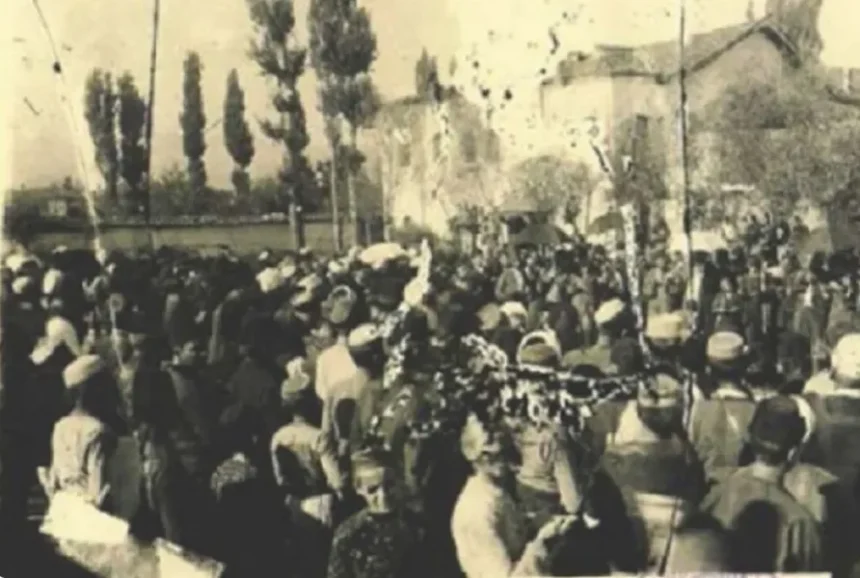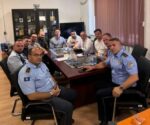Today marks the 116th anniversary of the Congress of Dibra, also known as the joint Albanian-Ottoman Constitutional Congress, which took place from July 23-29, 1909, in the city of Dibra. This congress, though sponsored by the Young Turk government, became a crucial platform for Albanian patriots to advance their national agenda.
Young Turk Influence and Albanian Resistance
The Young Turk government, through its “Unity and Progress” Central Committee, sponsored the congress with the aim of peacefully ensuring Albanian loyalty to the Ottoman government. However, a significant number of Albanian patriots attending the congress categorically refused to blindly sign the proposed resolution. Instead, they formed a joint commission with the Young Turks, whose decisions, while fundamentally upholding Albanian loyalty to the Ottoman Empire, remarkably included provisions allowing Albanian to become an official language within the Empire and to be taught in state schools for the first time.
Historians’ Interpretations: A Dual Legacy
Historians offer dual interpretations of the Congress of Dibra’s significance. On one hand, they highlight the insufficiency of these decisions in fully meeting the goals of the Albanian National Movement and the benefits gained by the Young Turk government. On the other hand, there is widespread acknowledgement of the congress’s importance in uniting Albanians and yielding concrete results for the Albanian national cause within the empire.
The 17-Point Program: “Union” and “Necessary” Articles
After six days of work, on July 28, the Congress adopted a 17-point program prepared by the Commission. This program was divided into two parts:
- Part One (5 points): “Union” Articles. These articles represented the program presented by the Young Turks, with some modifications made under pressure from Albanian delegates. They expressed the unity of all Ottomans, Albanian loyalty to Ottomanism, their determination to respect the constitutional regime, and to defend the constitutional government against external threats or internal elements serving foreign interests. It also mandated compulsory military service for all Albanians. Despite the changes, this part largely retained its Young Turk character.
- Part Two (12 points): “Secondary or Necessary” Articles. These points, though moderately phrased, incorporated some demands put forth by representatives of the Albanian national movement. A significant portion of these measures focused on the general economic and cultural development of the European vilayets of Turkey. Provisions included:
- Construction of railways and automobile roads.
- Drainage of swamps and regulation of rivers.
- Establishment of Turkish normal schools for teachers and higher schools for commerce and crafts in European Turkey, where religious philosophy, Islamic ethics, and the Quran would be taught.
- Erection of a Turkish university in one of European Turkey’s centers.
- Immediate liquidation of the “Ottoman Empire Tobacco Company” (“Régie des tabacs…”).
In addition, specific measures for Albania were included: a demand for the opening of primary, secondary, and higher schools for commerce and crafts in Albania, where education was lagging, with the Albanian language to be taught freely “within desperate limits.” The teaching of the Albanian language and the number of hours dedicated to it were left to be determined by each specific locality.







